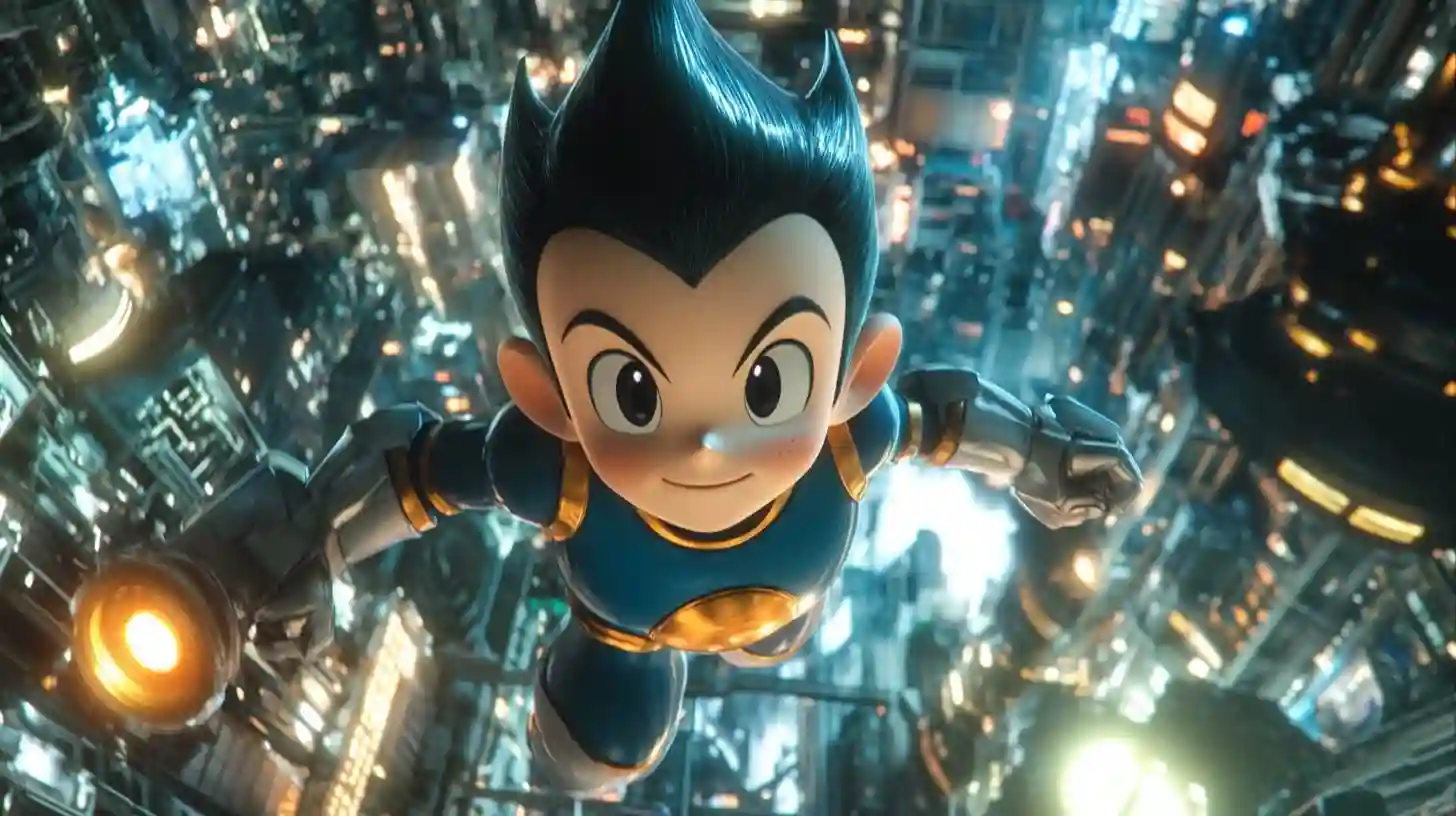
Astro Boy, the beloved Japanese manga character created by Osamu Tezuka in the early 1950s, is set to return in a new adaptation that promises to breathe fresh life into its storied narrative. This beloved series has always represented a unique blend of science fiction and social commentary, and the new adaptation aims to reflect contemporary themes while staying true to its roots. As society continues to grapple with technological advancement and ethical dilemmas, this reimagining will delve into the complexities of artificial intelligence and the moral implications surrounding it.
The original Astro Boy already presented a world where humans and robots coexisted, challenging the boundaries of what it means to be alive. The titular character, a humanoid robot with extraordinary abilities, was designed to embody the hopes and aspirations of a technologically advanced society. However, the story did not shy away from the darker aspects of this coexistence, exploring the fears and prejudices that often emerge in the face of change. The new adaptation seeks to amplify these themes, navigating a world that increasingly mirrors the struggles depicted in the manga.
The approach taken by the creators of this adaptation embraces a narrative structure that is both innovative and reflective of current societal issues. By introducing new characters and plot points, the adaptation broadens the scope of the original, inviting audiences to consider the implications of advanced robotics in a modern context. Ethical questions regarding artificial intelligence, such as autonomy, consciousness, and the moral responsibility of creators toward their creations, will be brought to the forefront. This allows the narrative to resonate with a contemporary audience familiar with discussions surrounding technology’s impact on daily life.
The style of storytelling is another aspect that aims to differentiate this adaptation from previous iterations. While the original Astro Boy utilized a more episodic format to address a variety of themes and adventures, the new series is constructed with a more serialized approach. This change facilitates deeper character development and more intricate world-building, allowing for more nuanced interactions among characters. Viewers will likely find themselves invested not just in Astro Boy's journey, but also in the lives of those around him, including both humans and robots with distinct motivations and backgrounds.
Visually, the adaptation promises a fresh aesthetic that respects the original’s charm while also appealing to newer generations of viewers. The animation style may take inspiration from the advances in technology that have occurred since the manga's debut, integrating modern visual storytelling techniques and CGI effects. This fusion of old and new can reignite interest in Astro Boy, drawing in younger fans who may be more accustomed to contemporary animation styles while still delivering nostalgia for longtime followers of the series.
Character relationships will also receive ample attention, as the reinterpretation aims to explore the dynamics between humans and robots on a more emotional level. In its original form, Astro Boy often touched on the underlying themes of loneliness and search for acceptance. The new adaptation goes a step further, diving deeper into character backstories and developing emotional arcs that highlight the struggles of both humans and robots as they navigate a shared existence. The conflicts that arise among them will reflect the complexities of real-life social issues, resonating with audiences on a more personal level.
The music and sound design accompanying the new adaptation are expected to further enrich the viewing experience. A carefully curated soundtrack can significantly elevate emotional engagement, providing audience members with an immersive experience that resonates with the themes of adventure, conflict, and introspection. The combination of visuals, sound, and narrative depth will create a multi-layered storytelling experience, drawing audiences into the heart of its sci-fi universe.
As the new Astro Boy adaptation approaches its release, it carries the weight of expectations and the legacy of its predecessor. By addressing contemporary issues and reimagining the storytelling approach, this adaptation endeavors to not only capture the spirit of the original but to also respond to the evolving narrative landscape of science fiction manga. By doing so, it opens up a dialogue between the past and the present, encouraging discussions about our collective future as technology continues to intertwine with the fabric of human life. This fresh take on a classic character promises to redefine the boundaries of the sci-fi genre, tantalizing both new and old fans alike as they join Astro Boy on his journey through an increasingly complex world.